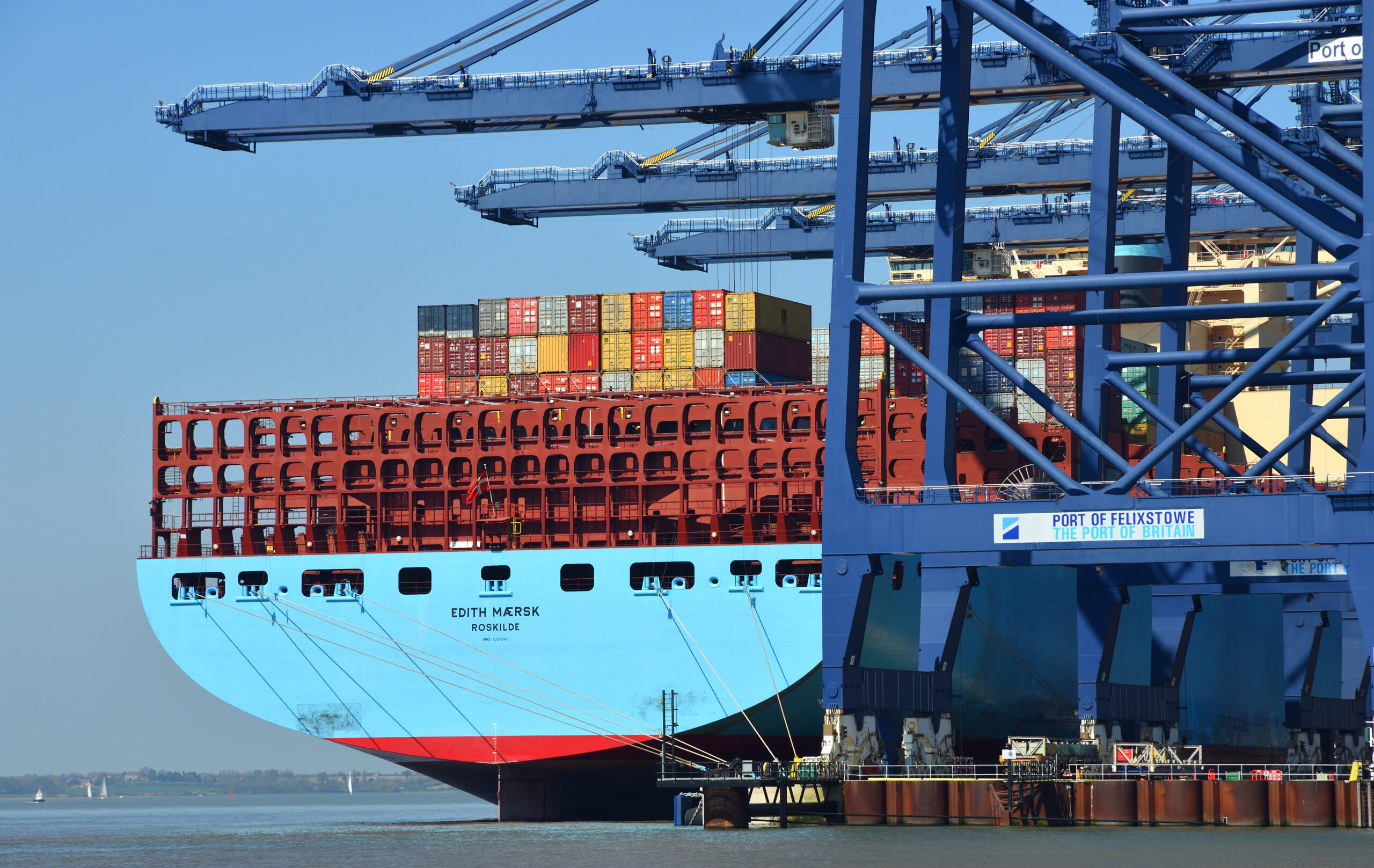At the beginning of 2025, DP World launched a ‘world-first’ carbon insetting programme at its UK logistics hubs in London Gateway and Southampton. This six-month trial offers importers 50kg of CO2e carbon credits for each loaded import container that passes through these terminals.
Carbon insetting is a strategy that companies use to reduce emissions within their own supply chains. In the maritime industry, this can take the form of compliance pooling – transferring a compliance surplus from one part of the fleet to an under-compliant part – or making lower-emission choices at ports. As voluntary carbon markets mature, insetting has become increasingly recognised as a credible alternative to traditional offsetting.
The credits awarded to importers are generated by Unifeeder, a subsidiary of DP World, and are verified by a third-party auditor. As carbon pricing mechanisms tighten globally, the ability of shipping companies to demonstrate verifiable reductions in greenhouse gas (GHG) emissions is essential for ensuring accurate compliance records.
Unifeeder generates the available carbon credits by using progressively lower-carbon fuels in its short-sea services across its Northern European shipping network.
DP World estimates that 10,000 tonnes of CO2 equivalent (CO2e) could be avoided if 50% of import volume participates in their programme. This new initiative builds on DP World’s existing Modal Shift Programme launched in 2023, which achieved a reduction of 17,000-tonnes of GHG emissions during its first year by improving the financial viability of rail transport for import containers.
John Trenchard, Vice President, Commercial and Supply Chain at DP World UK, stated: ‘At DP World, we are continuously exploring ways to reduce carbon emissions across our customers’ supply chains. Insetting carbon emissions is a transparent, direct, and pragmatic approach with immediate, measurable impact. By providing easy access to an independently certified insetting programme, we aim to enhance awareness and encourage adoption of sustainable logistics practices.’
Christian Hoepfner, Director of Group Decarbonisation at Unifeeder Group, said: ‘At Unifeeder, we are committed to leveraging alternative fuels to decarbonise our logistics solutions. We are supporting DP World in this innovative Carbon Inset Programme by contributing verified greenhouse gas reductions generated by our European fleet.’
With GHG emissions frameworks, such as the European Union’s Emissions Trading Scheme (EU ETS) and FuelEU Maritime, becoming increasingly stringent in their emissions allowances, insetting programmes such as this represent a port-led sustainability initiative that provides a scalable model for integrating carbon reduction into global trade logistics.



